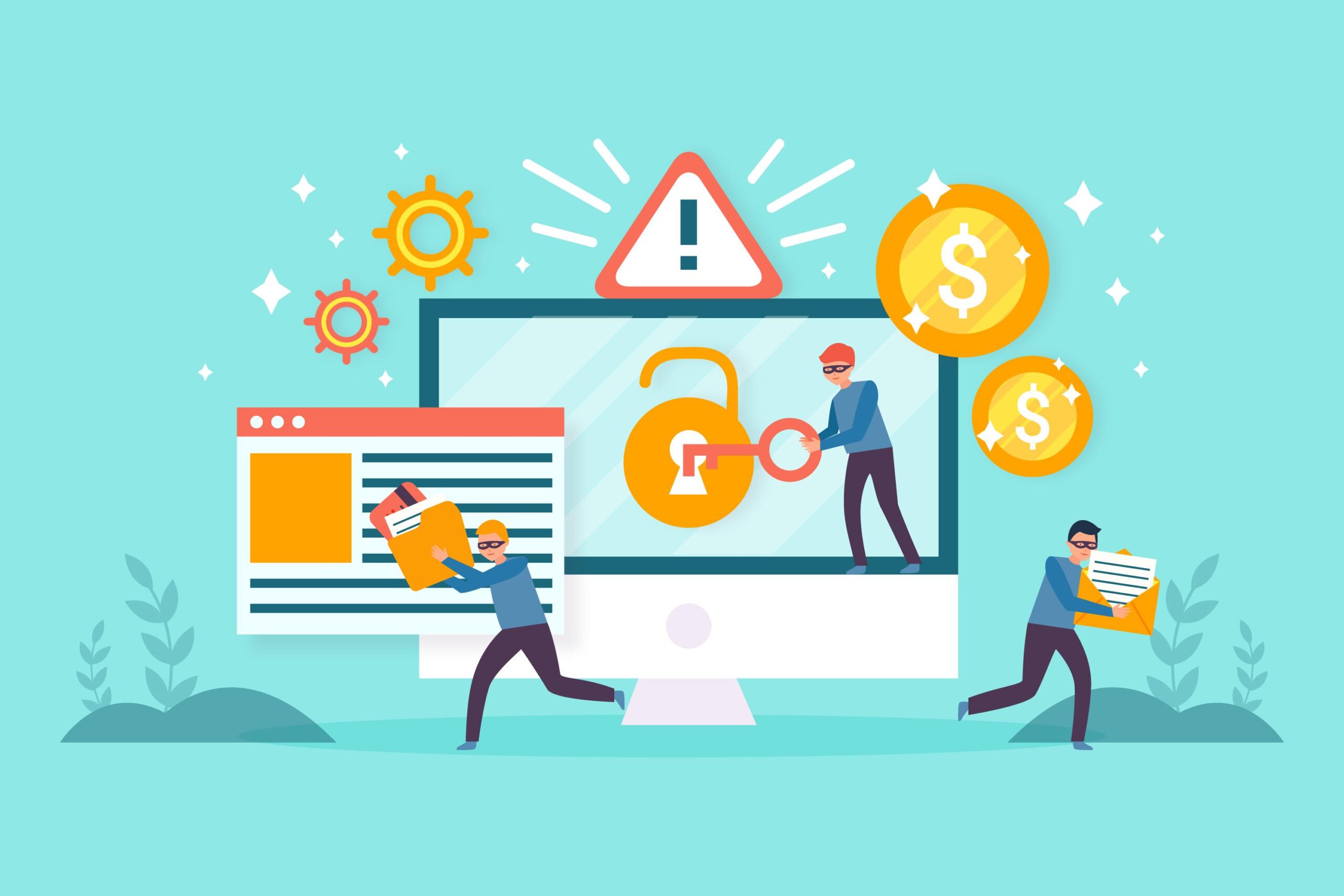10 Essential Tips for Implementing Fraud Detection Services in 2024

In today’s digital world, businesses of all sizes face the ever-present threat of fraud. Fraudsters are constantly devising new methods to exploit vulnerabilities and steal valuable resources. As a result, investing in robust fraud detection services has become crucial to safeguarding your business and maintaining financial stability.
However, implementing these services can seem like a daunting task, especially for those unfamiliar with the complexities involved. This blog post aims to simplify the process by providing ten essential tips to guide your journey of implementation in 2024.
1. Understand Your Vulnerabilities:
The first step towards effective fraud detection is understanding your unique business vulnerabilities. Analyze your operations, identify areas prone to fraudulent activity and prioritize them based on potential risk and impact. This self-assessment will help you tailor your fraud detection services to address your specific needs.
2. Partner with a Reputable Fraud Detection Provider:
Choosing the right fraud detection services provider like Foiwe is critical. Research and compare different providers, considering factors like their industry expertise, technology solutions offered, scalability and customer support. Look for a provider with a proven track record and a clear understanding of your industry’s specific challenges.
3. Leverage Data-Driven Insights:
Modern fraud detection services heavily rely on data analytics. Integrate your chosen service with your existing data sources, allowing it to analyze transaction patterns, customer behavior and other relevant information. This data-driven approach helps identify suspicious activities and flag potential fraudulent attempts before they cause damage.
4. Prioritize User Experience:
While these services are crucial for security, they shouldn’t impede your legitimate customers’ experience. Ensure the chosen solution integrates seamlessly with your existing systems and minimizes the need for additional authentication steps for genuine users.
5. Implement Multi-Factor Authentication:
Multifactor authentication (MFA) is a powerful tool that adds an extra layer of security to your online transactions. It requires users to verify their identity through multiple factors, such as passwords, one-time codes, or biometric verification, making it significantly harder for fraudsters to gain unauthorized access.
6. Regularly Update Software and Systems:
Cybersecurity threats constantly evolve and so should your defenses. Regularly update your operating systems, software applications and these services to ensure they have the latest security patches and are equipped to address emerging threats.
7. Train Your Employees:
Human error can create vulnerabilities in your security posture. Regularly train your employees on fraud detection best practices, including recognizing suspicious activity, reporting potential fraud attempts and maintaining strong password hygiene.
8. Stay Informed on Emerging Threats:
The landscape of fraud is constantly changing. Subscribe to industry publications and security alerts from your fraud detection services provider to stay informed about the latest threats, allowing you to adapt your security measures proactively.
9. Conduct Regular Reviews and Audits:
Don’t assume your fraud detection services are foolproof. Regularly review the system’s performance, analyze reports and conduct penetration tests to identify potential weaknesses and ensure the chosen service remains effective.
10. Foster a Culture of Security:
Creating a culture of security within your organization is crucial for long-term success. Communicate the importance of fraud prevention to your employees, encourage them to report suspicious activity and empower them to make security-conscious decisions.
Conclusion
By following these ten essential tips, you can effectively implement these services in 2024, mitigating the risk of financial losses and safeguarding your business from evolving threats.
Remember, fraud detection is an ongoing process and continuous vigilance is key to maintaining a secure and reliable digital environment for your business and your customers.
